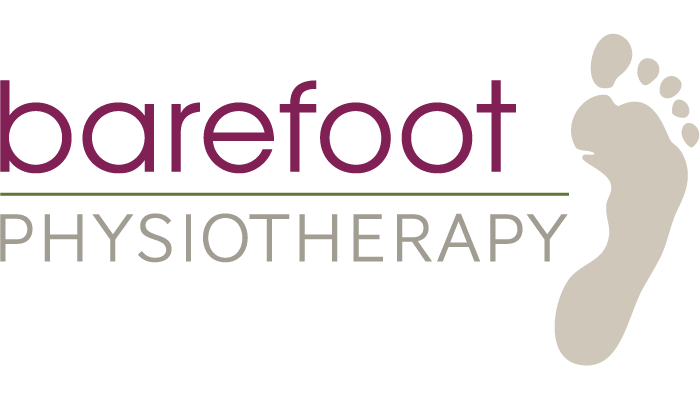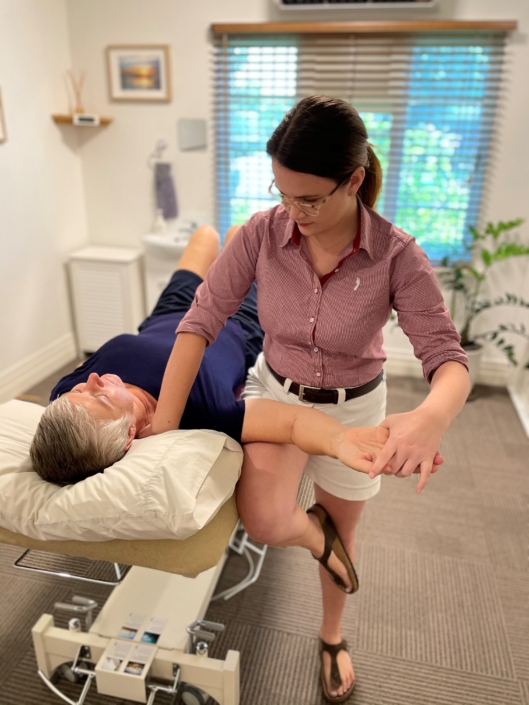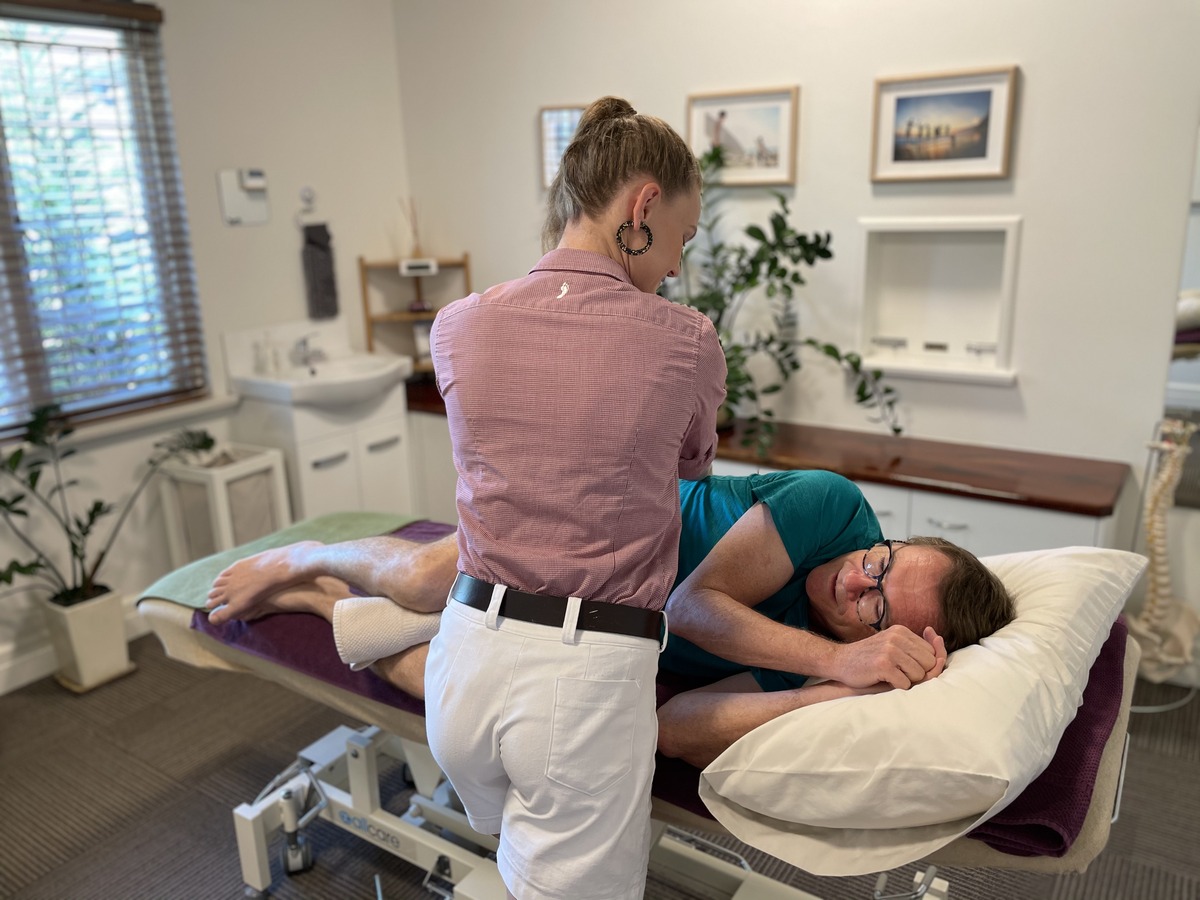Nerve irritation can range from mild to severely limiting and make you feel like there is no relief from the pain. This irritation can present in many different ways, as our brain is sent a strong signal when nerve irritation has occurred.
Many clients we meet have nerve irritation that they did not know was there. For example they have back pain and some aching in the leg that they assumed was muscle tightness and on our neurodynamic testing we find Nerve Irritation (along with the restrictions in back, hip, mid back movements and associated muscle tightness).
What does nerve irritation feel like?
If you have nerve root irritation you may be suffering any of these symptoms:
- Aching, headaches
- Sharp, shooting pain
- Numbness and/or tingling
- Tighten, cramp (like a tight muscle that won’t release even after stretch or massage)
- Restricted or unco-ordinated movement
- Radiating arm or leg pain
- Buttock or shoulder blade pain
- Weakness
How do I know if I have it and what can I do about it?
This condition can be accurately assessed by using a specific, gentle manual therapy test used at Barefoot Physiotherapy. If your test indicates that you have nerve irritability, there are some things that you can do to help yourself recover from the condition.
1. Booking in for appropriate treatment of the condition. This type of treatment is gentle, non-aggravating, and specific to the underlying cause of the nerve irritation. Some people feel immediate relief after having this type of treatment and others may feel more lethargic or achey following it. Either is an appropriate response to effective treatment. You should never feel more flared up.
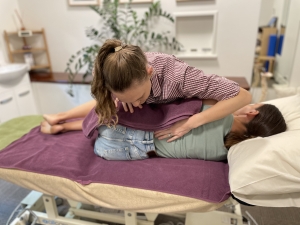
2. Avoid Aggravation on yourself.
This means:
- Not sitting for any longer than is necessary (at work, in the car, on the couch, out to dinner etc). This is only temporary until the condition is solved. For the times you have to sit, ensure you are in the best ergonomic position possible.
- When driving, adjust the car seat to take pressure off the nervous system. Bring the chair closer to the steering wheel so that your arms and legs are not outstretched. If you are in too much pain, it may be safer to avoid driving.
- When walking, try to take shorter, slower steps to control your movement. It is best to avoid limping if it is your legs that are affected.
- DO NOT stretch
- DO NOT exercise – discuss with your Physio the right level of activity for you.
- DO NOT carry items in the affected arm if possible (handbags, shopping, boxes, children)
- DO NOT prop your head up with pillows to read/use a computer while lying on your back (lying on your side to read or having the laptop up high enough on cushions so you don’t have to prop up your head is OK).
- Your Physiotherapist may be able to tape you to deload the joints and muscles to make movement more comfortable for you.
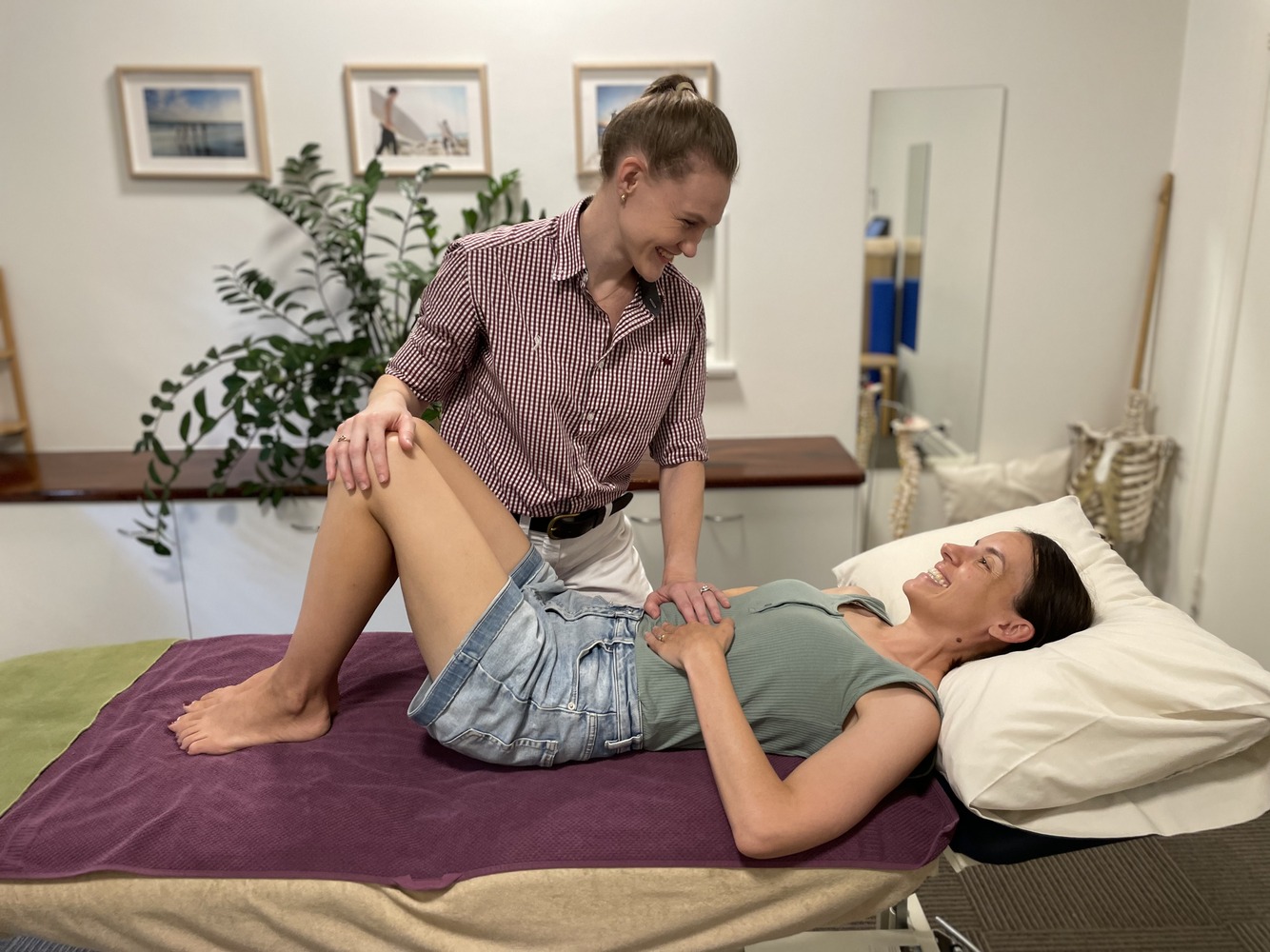
Our aim is to ensure you get back living how you want as soon as possible. There aren’t many conditions where we ask you to avoid or severely limit exercise, but this may be one of them if the nerve irritation is strong. All going to plan, you will only have to miss a few days of most of your regular life activities.
We will guide you, your family/significant others, your trainer and/or coach on how to best help you get back to your usual routine as quickly as possible.
How quickly will it recover?
This condition can be significantly calmed down within two to four sessions within the week, with good Barefoot Physiotherapy care.
The average time for this condition to settle without good care is several weeks; some won’t settle without good treatment (and you may suffer from injury recurrence); and at the worst end of the spectrum (with loss of muscle power) surgery may be required.
We successfully treat this condition on a daily basis.
The Underlying Cause:
Nerve root irritation most commonly results from accumulative strain on the body which is built up over a period of time (hours, days, weeks, months or years). Accumulative strain can be assessed as tight muscles, stiff joints, muscle weakness, poor posture/technique with work & sport or a stress on the body (emotional, psychological, etc).
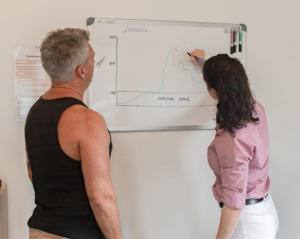
Working out a physio plan
